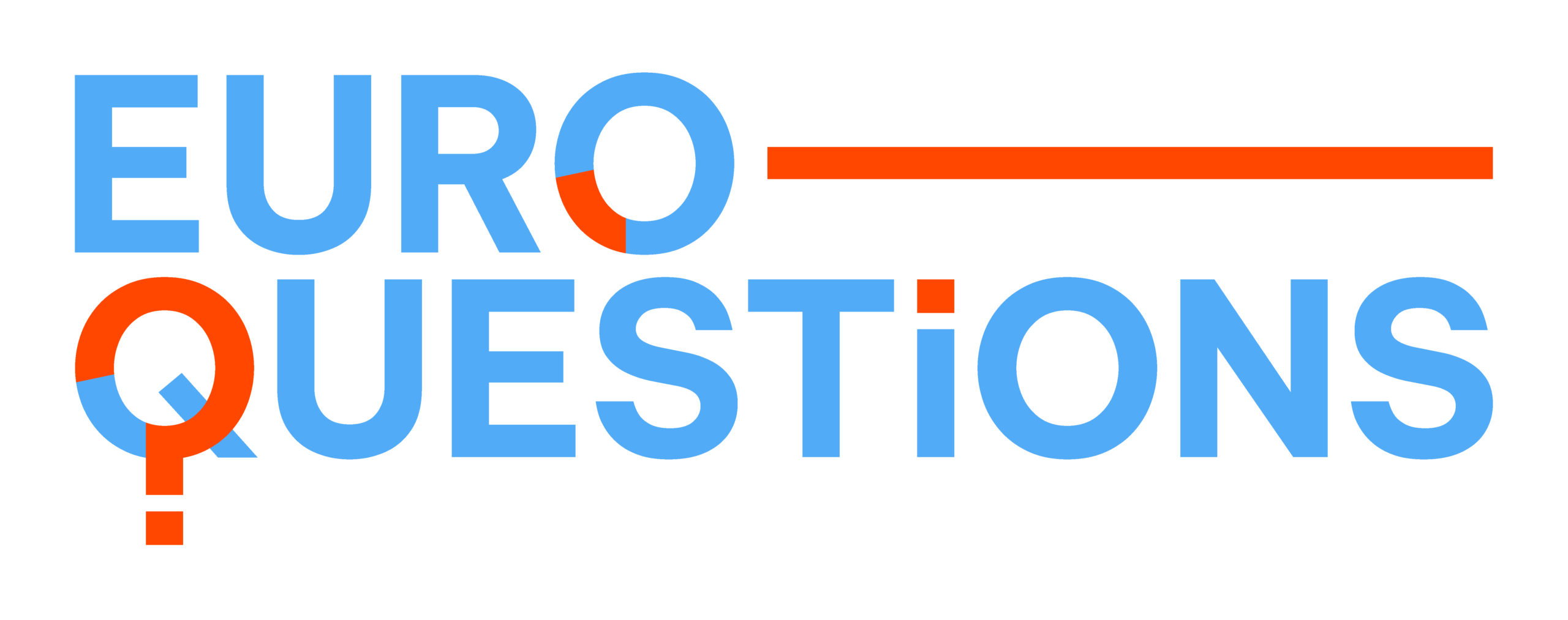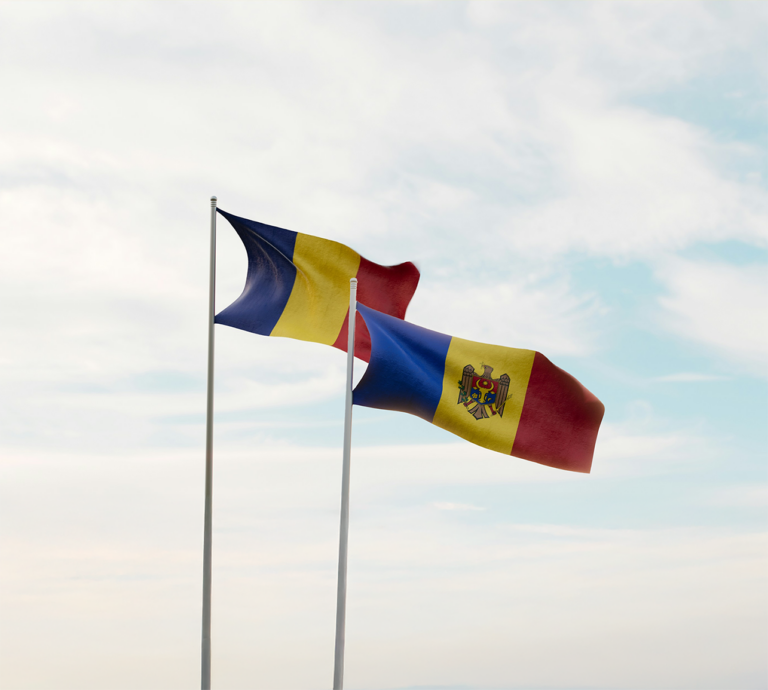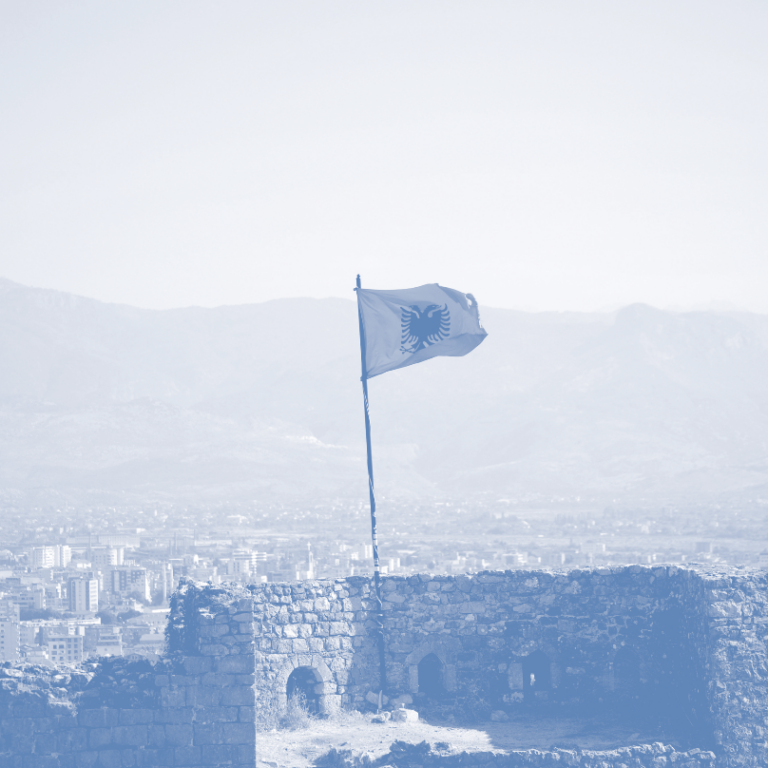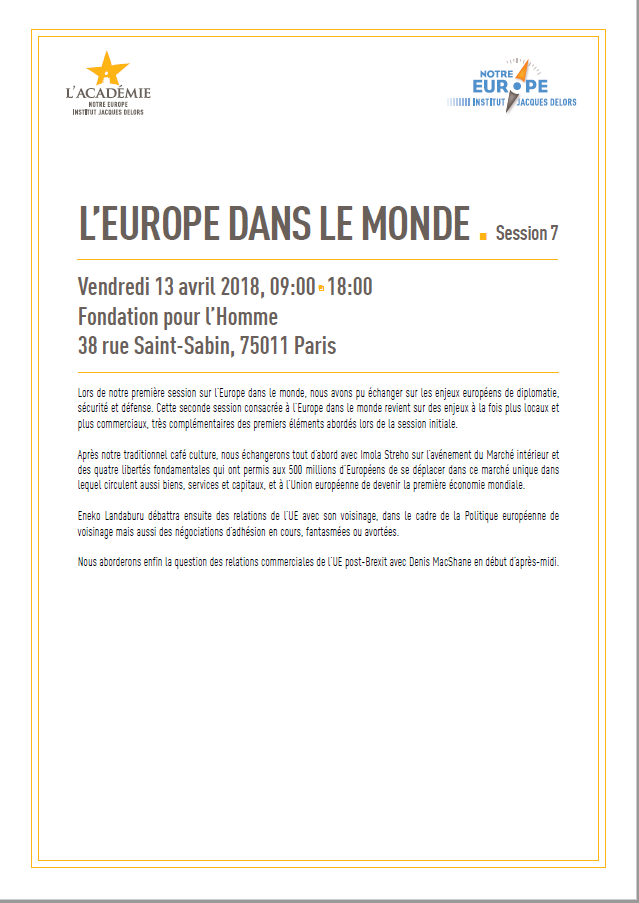Euroquestions #68 | The EU and its South Caucasian neighbors: time for change

PARTNERSHIP
PARTENAIRES
From the outset, the three states of South Caucasus have been part of the Eastern Partnership initiative (2009). Despite this, the degree of integration with the EU differs significantly between the three. Azerbaijan did not conclude the Association Agreement and sees the EU primarily as a partner in the energy field, while Georgia was for a long time the leader of the most advanced integration trio (with Ukraine and Moldova). And Armenia, although very much under Russian influence, was trying to keep a minimum interest for Europe.
With the wars in Ukraine and Karabakh, trends are changing. For several years now, Georgia has been showing worrying signs both internally and externally, and doubts are growing about its willingness to integrate with the EU. Azerbaijan sees its future in close cooperation with Turkey, at equal distance from Russia and the EU. While Armenia, militarily defeated by Azerbaijan, is trying to revise its foreign policy, showing signs of a desire for closer ties with the EU and the USA.
We have the pleasure to welcome Thorniké Gordadzé, associated researcher at the Jacques Delors Institute to discuss these questions.
From the outset, the three states of South Caucasus have been part of the Eastern Partnership initiative (2009). Despite this, the degree of integration with the EU differs significantly between the three. Azerbaijan did not conclude the Association Agreement and sees the EU primarily as a partner in the energy field, while Georgia was for a long time the leader of the most advanced integration trio (with Ukraine and Moldova). And Armenia, although very much under Russian influence, was trying to keep a minimum interest for Europe.
With the wars in Ukraine and Karabakh, trends are changing. For several years now, Georgia has been showing worrying signs both internally and externally, and doubts are growing about its willingness to integrate with the EU. Azerbaijan sees its future in close cooperation with Turkey, at equal distance from Russia and the EU. While Armenia, militarily defeated by Azerbaijan, is trying to revise its foreign policy, showing signs of a desire for closer ties with the EU and the USA.
We have the pleasure to welcome Thorniké Gordadzé, associated researcher at the Jacques Delors Institute to discuss these questions.
SUR LE MÊME THÈME
ON THE SAME THEME
PUBLICATIONS
Romania and Moldova in 2025: Navigating Political Change

Towards an Agenda 2030 for Enlargement

Albania’s steep road for accession by 2030

MÉDIAS
MEDIAS
L’Albanie au grand défi d’adhérer en 2030

En Géorgie comme en Moldavie, les dirigeants européens doivent soutenir la démocratie

Géorgie, Moldavie, Ukraine : l’Europe est-elle en train de perdre son flanc oriental ?

ÉVÉNEMENTS
EVENTS
Le Grand Continent | L’Union européenne doit-elle s’élargir ? [FR]

Euroquestions #64 | A look back at the 2023 State of the Union speech [FR]

Conference | How to integrate Ukraine into the European Union and according to what agenda? [FR]

Académie Notre Europe – Europe in the world session
















